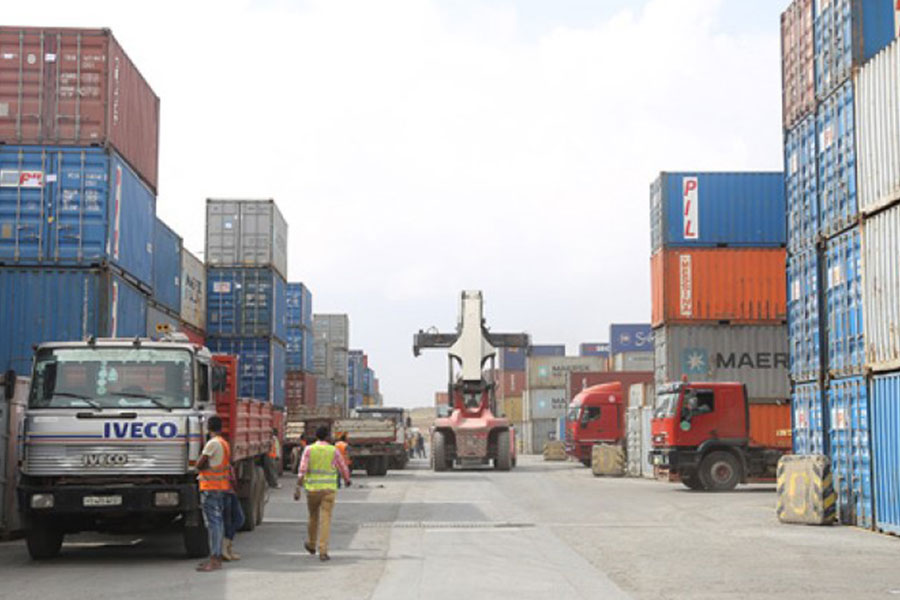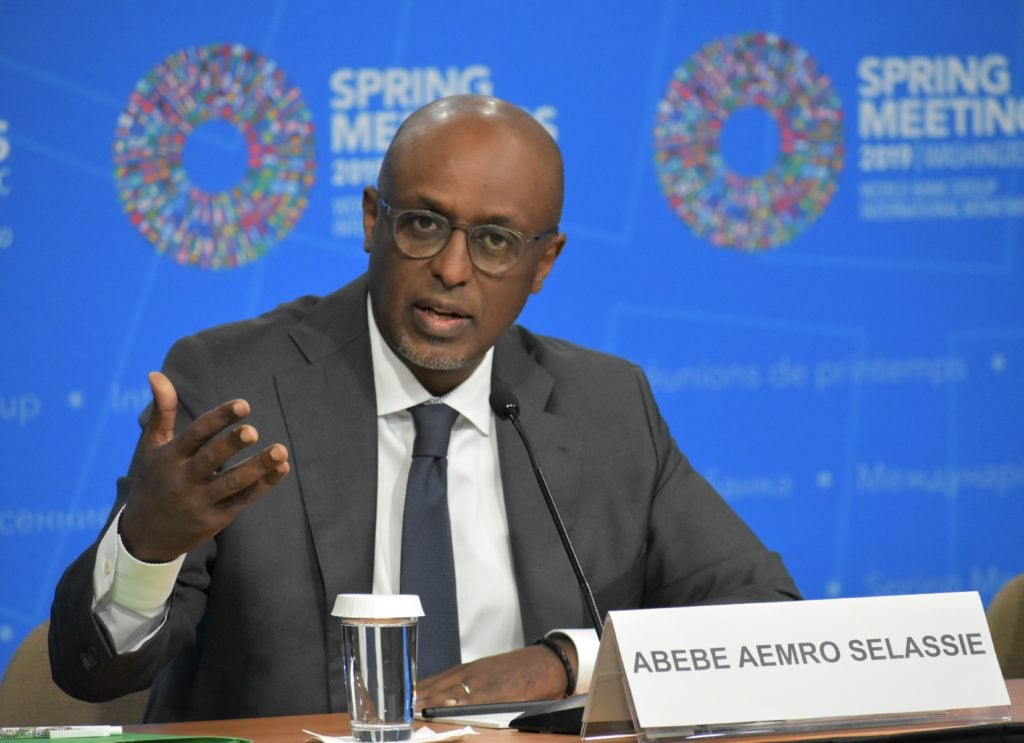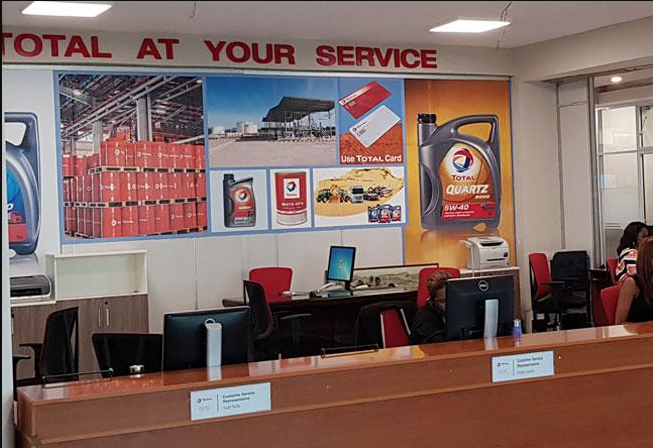
Ethiopia is spending 27.2 billion Br (over 660 million dollars in the current exchange rate) on importing 1.8 million tonnes of fertiliser bought mainly from Morocco but also from Egypt, the UAE and Saudi Arabia.
It is part of the 845,000tn currently under distribution in the Oromia, Amhara, Benishangul Gumuz, Southern, and Sidama regional states. Around 650,000tn of fertiliser have been delivered to farmers' cooperative unions thus far, according to officials from the Ethiopian Agricultural Businesses Corporation (EABC), a public enterprise that has been managing international procurements.
Just under one million tonnes of fertiliser has passed through the Port of Djibouti, and over 90pc of this amount is already in Ethiopia and in the process of distribution, the officials disclosed to Fortune.
An additional 130,000tn is currently being transported, according to Gashaw Aychiluhm, corporate communications and social affairs service head at the Corporation.
"The total amount is expected to arrive by the end of June," he told Fortune.
The procurement process began at the beginning of this year following an open international bid issued by the Corporation in August 2020. It was closed the following month after 76 bidders bought documents, of which 13 submitted price offers. The OCP Group of Morocco; UAE-based companies, OCI, Agri Commodities & Finance Fertiliser, and ETG Agri Input Fertiliser; and the Korean Samsung C&T Company, have won the bids for the supply and transport of the fertiliser.
The 270-million-dollar transaction with the OCP Group, a phosphate mining and fertiliser company, is financed with a loan from the Eastern & Southern African Trade and Development Bank (TDB). It is a transaction praised as the first intra-African trade conducted using a blockchain platform managed by a digital company in Singapore.
Compared to last year’s performance, from surveying demand to distribution, this year is better, said Mengistu Tesfa, director of input marketing at the Ministry of Agriculture.
The agricultural sector is responsible for two-thirds of the 2.1 billion dollars earned from exports over the last eight months, followed by mining (20pc) and manufacturing (12pc). The use of fertiliser increases production and productivity, according to Mohammed Aman (PhD), assistant professor of agricultural economics and agribusiness at Haramaya University.
"But the main issue lies in equity in distribution," he told Fortune.
He urges officials at the Ministry to identify the places and farmers that are most in need of fertiliser.
However, the agricultural sector does not produce as much as it should, despite its place in the economy as the main contributor to export revenues, according to Germame Garuma, state minister for Agriculture.
"The Ministry increased the amount of fertiliser it provides farmers by over a quarter this year," said Germame.
The amount of fertiliser used in smallholder farms has spiked exponentially in the six decades since the 1960s, when annual consumption was 3,500tn. It grew to 140,000tn in the 1990s and 1.4 million tonnes last year.
The involvement of foreign companies in the supply chain should be a cause for concern, according to Mohammed.
"It may not be possible to have all of the fertiliser imported by domestic investors," said Mohammed. "But there should at least be a way for them to partner with foreign suppliers."
According to the expert, fertiliser is expensive, and its prices regularly increase, sometimes by up to 40pc annually; hence, domestic production needs to be prioritised.
"A public-private partnership must be encouraged since there are investors that are willing to invest," said Mohammed.
PUBLISHED ON
Apr 10,2021 [ VOL
22 , NO
1093]

Viewpoints | Apr 02,2022

Fortune News | May 07,2022

Fortune News | Dec 13,2021

Commentaries | Apr 11,2020

Exclusive Interviews | Apr 13,2019

Commentaries | Jan 12,2019

Fortune News | Jun 15,2019

Viewpoints | Dec 25,2018

Radar | Mar 07,2020

Radar | Oct 08,2022

Dec 22 , 2024 . By TIZITA SHEWAFERAW
Charged with transforming colossal state-owned enterprises into modern and competitiv...

Aug 18 , 2024 . By AKSAH ITALO
Although predictable Yonas Zerihun's job in the ride-hailing service is not immune to...

Jul 28 , 2024 . By TIZITA SHEWAFERAW
Unhabitual, perhaps too many, Samuel Gebreyohannes, 38, used to occasionally enjoy a couple of beers at breakfast. However, he recently swit...

Jul 13 , 2024 . By AKSAH ITALO
Investors who rely on tractors, trucks, and field vehicles for commuting, transporting commodities, and f...

Oct 11 , 2025
Ladislas Farago, a roving Associated Press (AP) correspondent, arrived in Ethiopia in...

Oct 4 , 2025
Eyob Tekalegn (PhD) had been in the Governor's chair for only weeks when, on Septembe...

Sep 27 , 2025
Four years into an experiment with “shock therapy” in education, the national moo...

Sep 20 , 2025
Getachew Reda's return to the national stage was always going to stir attention. Once...